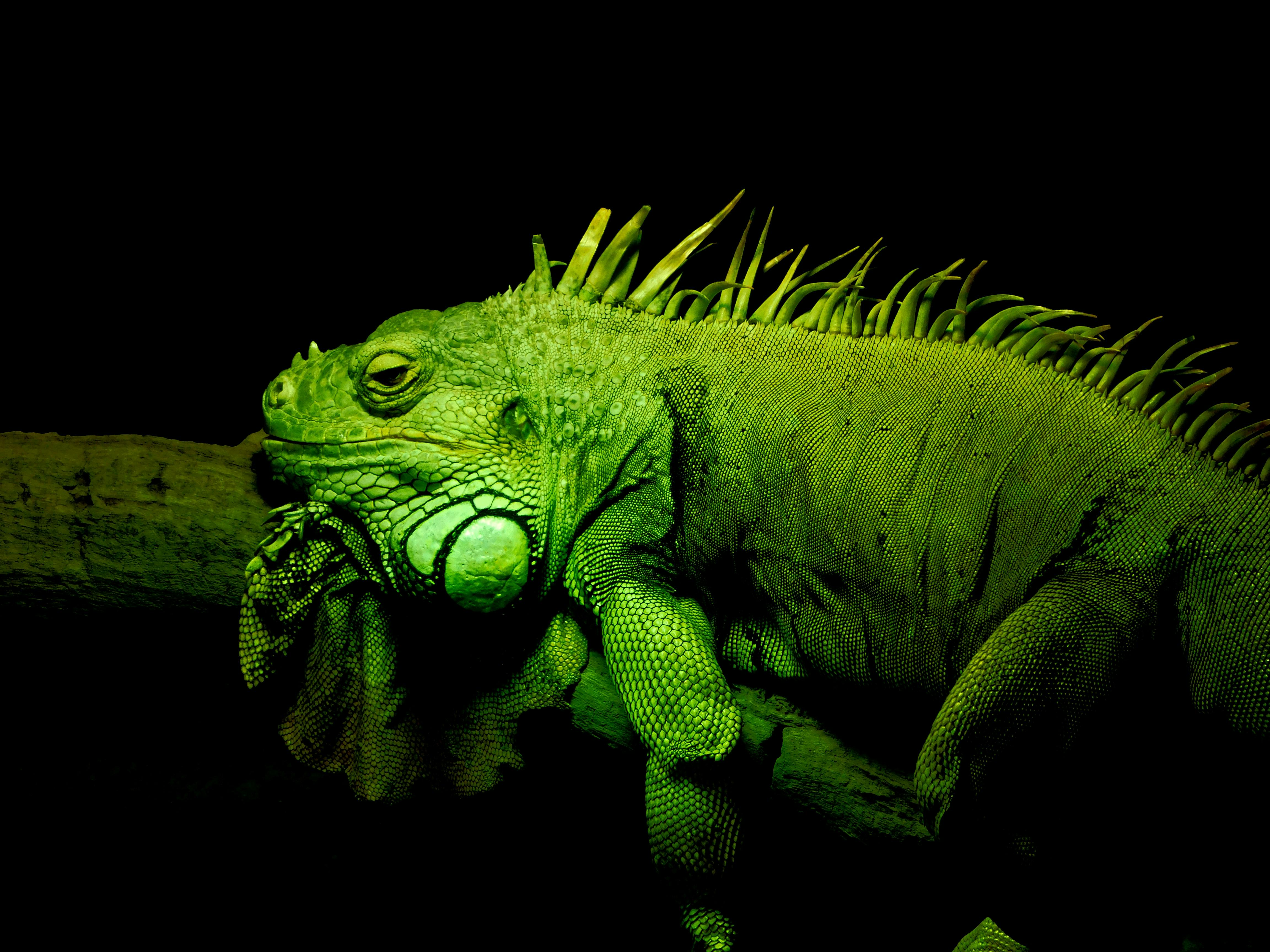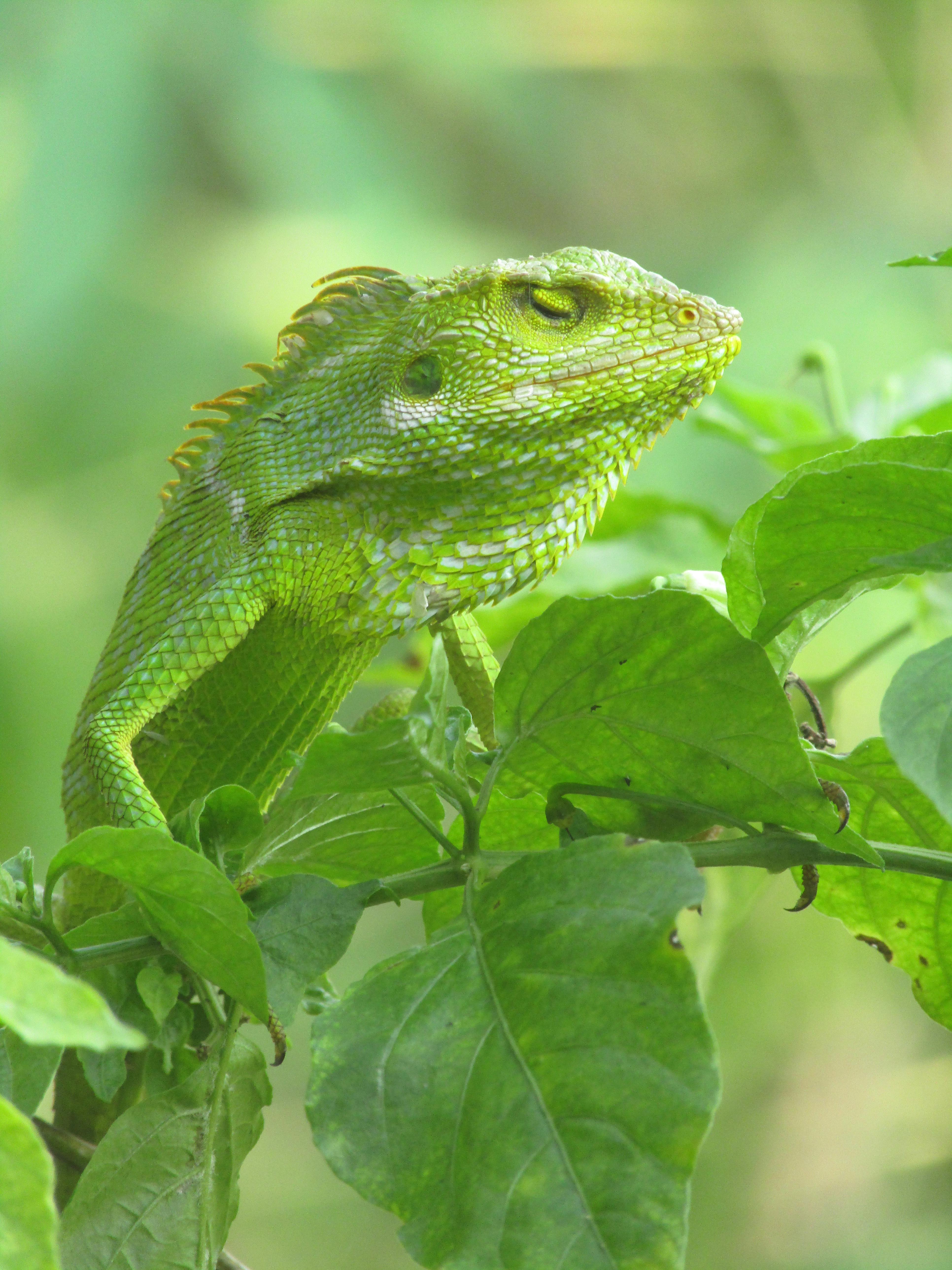Have you ever wondered how to tell if a reptile is healthy? Well, look no further! In this article, you will learn about the signs that can help you determine if a reptile is feeling good and thriving. Whether it’s a turtle, snake, or lizard, knowing what to look for will help you take better care of your scaly friend. Keep reading to find out the secrets of spotting a healthy reptile!
Physical Appearance
Bright and Clear Eyes
One of the most important signs of a healthy reptile is having bright and clear eyes. When you look at your reptile, their eyes should be alert and shining. If their eyes appear dull, or cloudy or have any discharge, it could be a sign of an underlying health issue.
Smooth and Shiny Skin or Scales
Another indicator of a healthy reptile is smooth and shiny skin or scales. When you touch your reptile, their skin should feel smooth and not rough or dry. If you notice any excessive dryness, flakiness, or abnormal blemishes or lesions on your skin, it’s important to have it checked by a veterinarian.
Well-Proportioned Body
A well-proportioned body is key to determining the overall health of your reptile. They should have a body that is neither too skinny nor too overweight. When you look at your reptile from above, you should be able to see a defined waistline. If they appear bloated or too skinny, it could indicate an improper diet or an underlying health problem.
Healthy Weight and Muscle Tone
In addition to a well-proportioned body, a healthy reptile should have an appropriate weight and muscle tone. You should be able to feel their muscles when you gently touch their body, and they should not feel too soft or too hard. If you notice any sudden changes in weight or muscle tone, it’s important to consult a veterinarian.
Behavioral Cues
Active and Alert
A healthy reptile is usually active and alert. They should exhibit regular movement, such as climbing and exploring their environment. If your reptile appears lethargic or unresponsive, it could be a sign of illness or stress.
Normal Appetite and Eating Habits
Having a normal appetite and eating habits is key to a healthy reptile. They should eagerly eat their food and show interest in their meals. If your reptile suddenly loses its appetite or shows a decrease in eating habits, it could be a sign of an underlying health issue.
Regular Defecation
Regular defecation is an essential indicator of a healthy reptile. Your reptile should have bowel movements regularly and without any unusual odor or consistency. If you notice any changes in their bathroom habits, such as diarrhea or constipation, it’s important to seek veterinary guidance.
Routine Shedding
For reptiles that shed their skin, routine shedding is a normal and healthy process. You should observe your reptile shedding its skin in one complete piece without any difficulties. If they have trouble shedding or the process appears incomplete, it could be a sign of dehydration or improper husbandry.

Breathing and Respiratory Health
Regular Breathing Pattern
A healthy reptile should have a regular breathing pattern. You should observe their chest rising and falling smoothly without any irregularities. If you notice any rapid or labored breathing, it could indicate a respiratory infection or other respiratory issues.
No Audible Wheezing or Crackling Sounds
When your reptile breathes, there should be no audible wheezing or crackling sounds. These sounds can indicate respiratory problems, such as pneumonia or a respiratory infection. If you hear any unusual sounds, it’s important to consult a veterinarian.
Healthy Gums and Mouth
A healthy reptile should have healthy gums and a clean mouth. Their gums should be pink or light in color, and there should be no signs of inflammation or bleeding. Additionally, there should be no unusual odor coming from their mouth. If you notice any abnormalities, it’s crucial to seek veterinary care.
Digestive System
Normal Tongue Color
A healthy reptile will have a normal tongue color. Their tongue should be pink or a shade similar to their natural coloration. If you notice any discoloration or lesions on their tongue, it could indicate a problem with their digestive system.
No Vomiting or Regurgitation
Healthy reptiles should not vomit or regurgitate their food. If your reptile frequently regurgitates or vomits, it could be a sign of an underlying health issue. It’s important to monitor their eating habits and seek veterinary advice if this behavior persists.
Proper Waste Elimination
Proper waste elimination is an essential aspect of a healthy reptile’s digestive system. Your reptile should have regular bowel movements that are well-formed and not watery or irregular. If you notice any changes in their waste elimination, it could be a sign of an underlying digestive issue.
Skin and Shedding
Regular and Complete Shedding
Regular and complete shedding is a positive sign of a healthy reptile. Your reptile should shed their skin in one complete piece, without any difficulty or partial shedding. If they struggle to shed or have incomplete shedding, it could be a sign of dehydration or improper husbandry.
No Excessive Dryness or Flakiness
A healthy reptile’s skin should not be excessively dry or flaky. If you notice any areas of dryness or flakiness on their skin, it could indicate a problem with their hydration levels or overall health.
No Abnormal Blemishes or Lesions
Healthy reptiles should not have any abnormal blemishes or lesions on their skin. Their skin should be smooth and free from any unusual growths, sores, or discoloration. If you spot any abnormalities, it’s important to have them checked by a veterinarian.
Eyes and Vision
Clear and Unobstructed Vision
A healthy reptile should have clear and unobstructed vision. Their eyes should be bright and responsive to their surroundings. If you notice any cloudiness, discharge, or swelling in their eyes, it could be a sign of an eye infection or other eye-related issues.
No Discharge or Swelling
There should be no discharge or swelling around your reptile’s eyes. If you observe any crustiness, discharge, or swelling, it’s important to seek veterinary attention, as it could be indicative of an infection or injury.
Responsive to Environmental Stimuli
A healthy reptile will be responsive to their environment. They should be aware of their surroundings and react appropriately to stimuli. If you notice any changes in their behavior or a lack of responsiveness, it may indicate an underlying health concern.

Appetite and Feeding
Normal and Consistent Eating Patterns
Having a normal and consistent eating pattern is a positive sign of a healthy reptile. Your reptile should eagerly eat the appropriate amount of food for their species and age. If you notice any sudden changes in their eating patterns or a loss of appetite, it’s important to consult a veterinarian.
Appropriate Food Selection and Consumption
A healthy reptile will consume a well-balanced diet appropriate for their species. Their food should be nutritious and meet their specific dietary requirements. If you have concerns about their diet or if they are not eating the correct foods, seek guidance from a reptile veterinarian.
Musculoskeletal System
Strong Limbs and Tail
A healthy reptile should have strong limbs and a tail. They should be able to move with ease and exhibit proper locomotion for their species. If you notice any weakness or difficulty in their movement, it’s important to consult a veterinarian.
Able to Move and Climb with Ease
A healthy reptile should be able to move and climb with ease. They should have coordination and balance in their movements. If you observe any difficulties or abnormalities in their mobility, it could be a sign of an underlying musculoskeletal issue.
No Visible Signs of Lameness or Discomfort
There should be no visible signs of lameness or discomfort in a healthy reptile. They should move freely without any limping or favoring of certain limbs. If you notice any signs of lameness or discomfort, it’s crucial to have them evaluated by a reptile veterinarian.
Gastrointestinal Health
Healthy Teeth and Jaw Alignment
A healthy reptile should have healthy teeth and proper jaw alignment. Their teeth should be clean, smooth, and not overgrown. Proper dental care is essential for their overall gastrointestinal health. If you observe any issues with their teeth or jaw, it’s important to seek veterinary care.
Proper Saliva Production
Saliva production is an important part of a healthy reptile’s digestive system. They should have adequate saliva production to aid in the breakdown of their food. If you notice any excessive drooling or dryness in their mouth, it could indicate a problem with their saliva production.
No Signs of Stomach or Intestinal Issues
A healthy reptile should not exhibit any signs of stomach or intestinal issues. They should not have chronic diarrhea, constipation, or bloating. If you notice any changes in their digestion or gastrointestinal health, it’s important to consult a reptile veterinarian.
Reproductive Health
Physically Developed and Mature
A healthy reptile should be physically developed and mature for its species. They should have reached the appropriate age and size for reproductive capability. It’s important to ensure proper husbandry and care for breeding reptiles.
Normal Reproductive Behavior
Normal reproductive behavior is a positive sign of a healthy reptile. They should exhibit appropriate courtship and mating behaviors specific to their species. If you observe any abnormalities or aggression during the reproductive process, consult a reptile veterinarian.
No Signs of Infections or Abnormal Growths
A healthy reptile’s reproductive organs should be free from infections or abnormal growths. If you notice any signs of inflammation, discharge, or unusual masses, it’s crucial to have them evaluated by a veterinarian. Early detection and treatment of reproductive issues are important for their overall health and well-being.
Remember, regular veterinary check-ups are vital in maintaining the health of your reptile. If you have any concerns about your reptile’s well-being, it’s always best to consult a reptile veterinarian who specializes in the care of these unique pets. By closely monitoring the signs mentioned above, you can help ensure your reptile remains happy and healthy for years to come.
